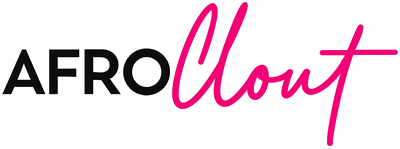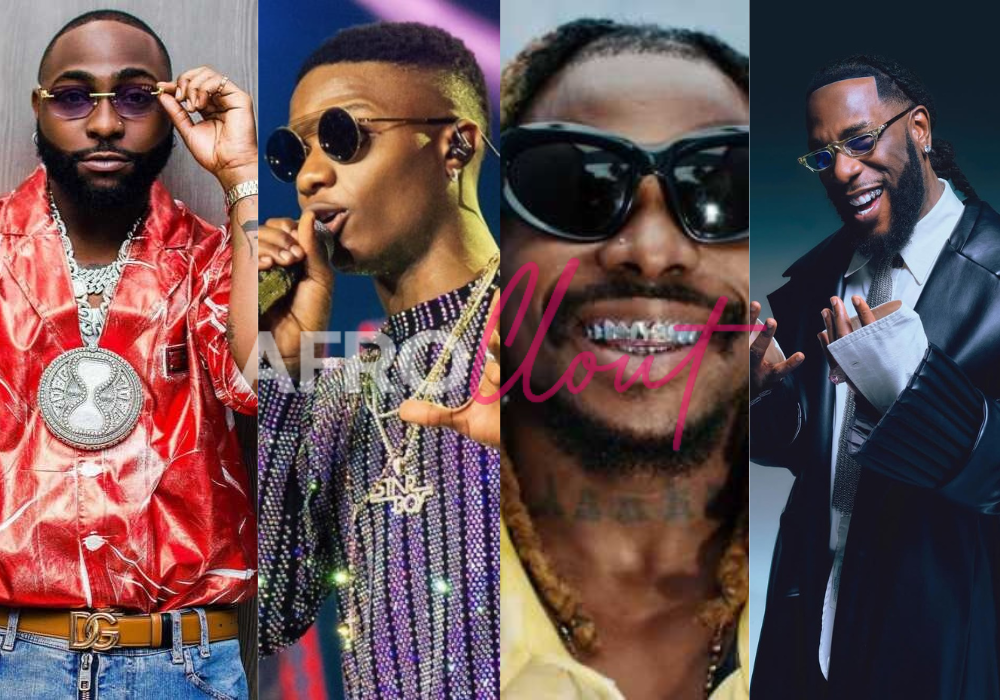1. Introduction: Nigeria’s Sound on the World Stage
From local clubs in Lagos to global playlists, AfroBeats Nigeria has surged into a worldwide phenomenon. Driven by vibrant rhythms, compelling storytelling, and digital platforms, Nigerian musicians now define a thriving Nigerian music industry that earns billions in streaming revenue, inspires trending artist collaborations, and boasts a legacy rooted in Fela Kuti’s afrobeat. Today, AfroBeats is more than music—it’s cultural representation, identity, and pride.
2. Roots: From Fela’s Afrobeat to Afrobeats
The evolution from socially charged Afrobeat—created by Fela Kuti in the 1960s, blending jazz, soul, traditional African chanting, complex percussion, and militant lyrics—to today’s global Afrobeats (plural) signals a shift. Coined in the UK around 2010 by DJs promoting West African music, the genre fuses dancehall, hip-hop, R&B, and highlife into infectious party anthems. While Fela’s afrobeat remains foundational, modern AfroBeats emphasizes rhythm, melody, and cross-cultural collaboration.
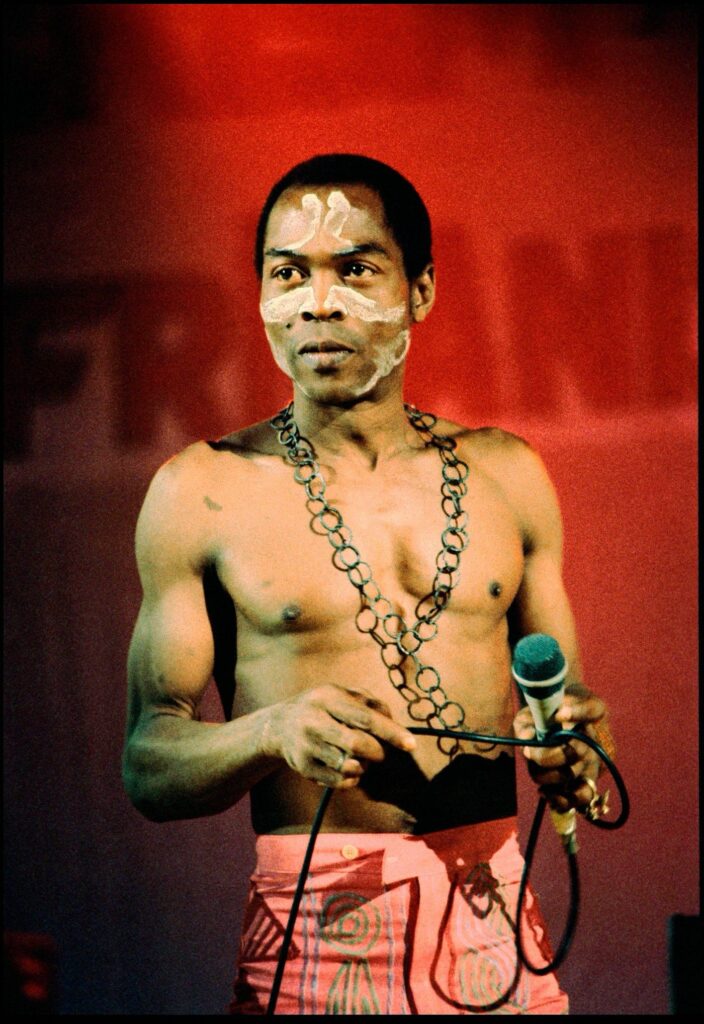
3. Stars of the Scene: Nigerian Musicians Who Define the Genre
Here are some Nigerian musicians who’ve elevated AfroBeats globally:
-
Wizkid – Broke into international consciousness with Made in Lagos, helping popularize AfroBeats worldwide through collaborations and chart.
-
Burna Boy – A cultural icon weaving Fela’s legacy into genre-blending albums like No Sign of Weakness, headlining global stadiums, and earning acclaim as a global ambassador of AfroBeats.
-
Rema – A youthful prince of AfroBeats. His 2022 hit Calm Down, especially the Selena Gomez remix, earned international chart success and millions of views.
-
CKay – Broke streaming records with “Love Nwantiti”, becoming the first African song to surpass 1 billion Spotify streams and dominating global playlists.
-
Asake – The breakout star whose sold-out Brixton shows reflect the global appetite for AfroBeats.
These artists aren’t just musicians—they’re cultural exports shaping Nigeria’s global sound.

4. Streaming Dominance & Industry Growth
The Nigerian music industry is now a global force:
-
In 2022, Spotify paid Nigerian artists over ₦11 billion in royalties.
-
By 2023, that figure climbed to over ₦25 billion, amid a booming Sub-Saharan music market growing at ~24.7% year-on-year.
-
In 2024, Spotify royalties for Nigerian artists hit ₦58 billion—double the prior year and quadruple 2022—driven by global playlisting and export growth.
-
Nigeria’s overall entertainment sector, including music and film, contributed N1.97 trillion (~$4–5 billion) to GDP in 2023, highlighting music’s economic weight.
And strategic industry moves like Warner Music’s acquisition of Africori are accelerating global distribution.
This explosive growth underscores the global demand for AfroBeats and its power to drive both cultural and economic value.
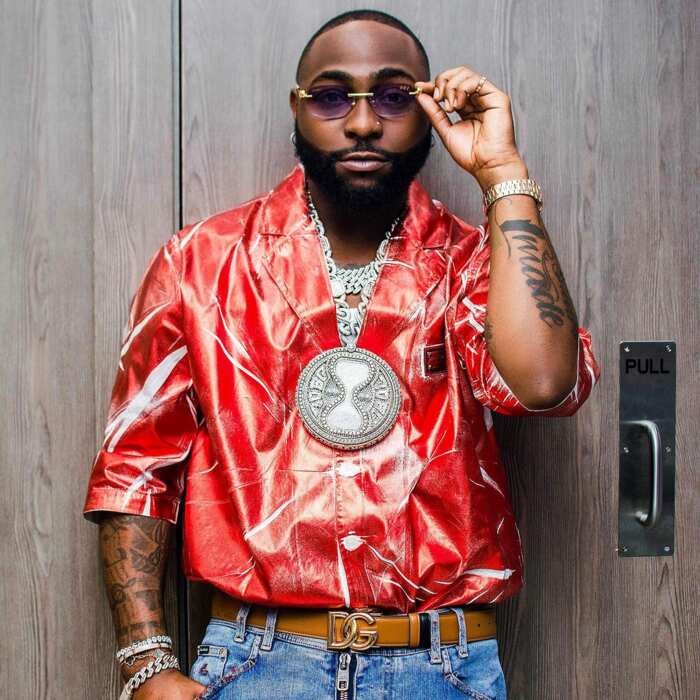
5. Playlists, Culture & Legacy
AfroBeats thrives on discovery:
-
Over 1,900 Nigerian artists were added to Spotify editorial playlists in 2024—a 33% jump from the prior year
-
First-time listens exceeded 1 billion in 2024, while playlist creations featuring Nigerian songs hit 250 million
These playlists connect global audiences to AfroBeats, while annual cultural festivals like Felabration celebrate the genre’s roots and amplify its legacy
AfroBeats also counters stereotypes of Africa, offering a vibrant, hopeful representation on the global stage—much like Fela’s original vision—now in a modern, electrified sound

6. Challenges and the Road Ahead
Despite the global boom, Nigeria’s music industry faces hurdles:
-
Domestic income remains low. High inflation (~34%), infrastructure deficits, limited concert venues, and unsafe touring conditions hamper local revenue and touring viability.
-
Most revenue stems from abroad. Many artists now rely on international tours and streaming to earn meaningful income.
However, infrastructure improvements—like a 12,000-capacity entertainment arena in Lagos set to open in 2025—promise to strengthen the local ecosystem.
On the bright side, digital platforms, streaming, and social media continue to democratize access, helping new Nigerian artists break through globally—and strengthen the genre’s future.
7. Curated AfroBeats Playlist Suggestions
A sample playlist for Nigerians and AfroBeats fans:
-
“Made in Lagos” – Wizkid
-
“No Sign of Weakness” – Burna Boy
-
“Calm Down (Remix)” – Rema & Selena Gomez
-
“Love Nwantiti” – CKay
-
“Organise” – Asake
These selections reflect both legacy and evolving sound, ideal for new listeners or cultural nostalgia.
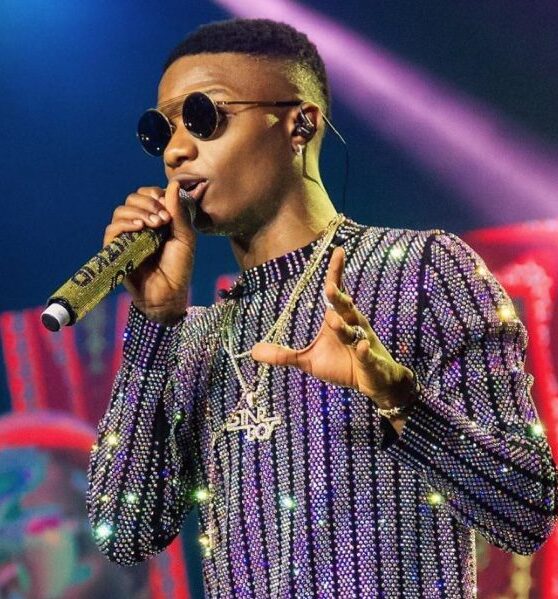
8. Conclusion: A Sound That Moves Worlds
The world has tuned in—and Nigeria’s music is playing loud. From Fela’s afrobeat roots to today’s global AfroBeats Nigeria superstars, the genre has become a cultural powerhouse. The Nigerian music industry is booming, artists are thriving, and playlists are registering billions of engagements. While challenges at home persist, the momentum is unstoppable. With continued innovation, investment, and infrastructure, AfroBeats will keep defining the global sound—for Nigeria and the world.
